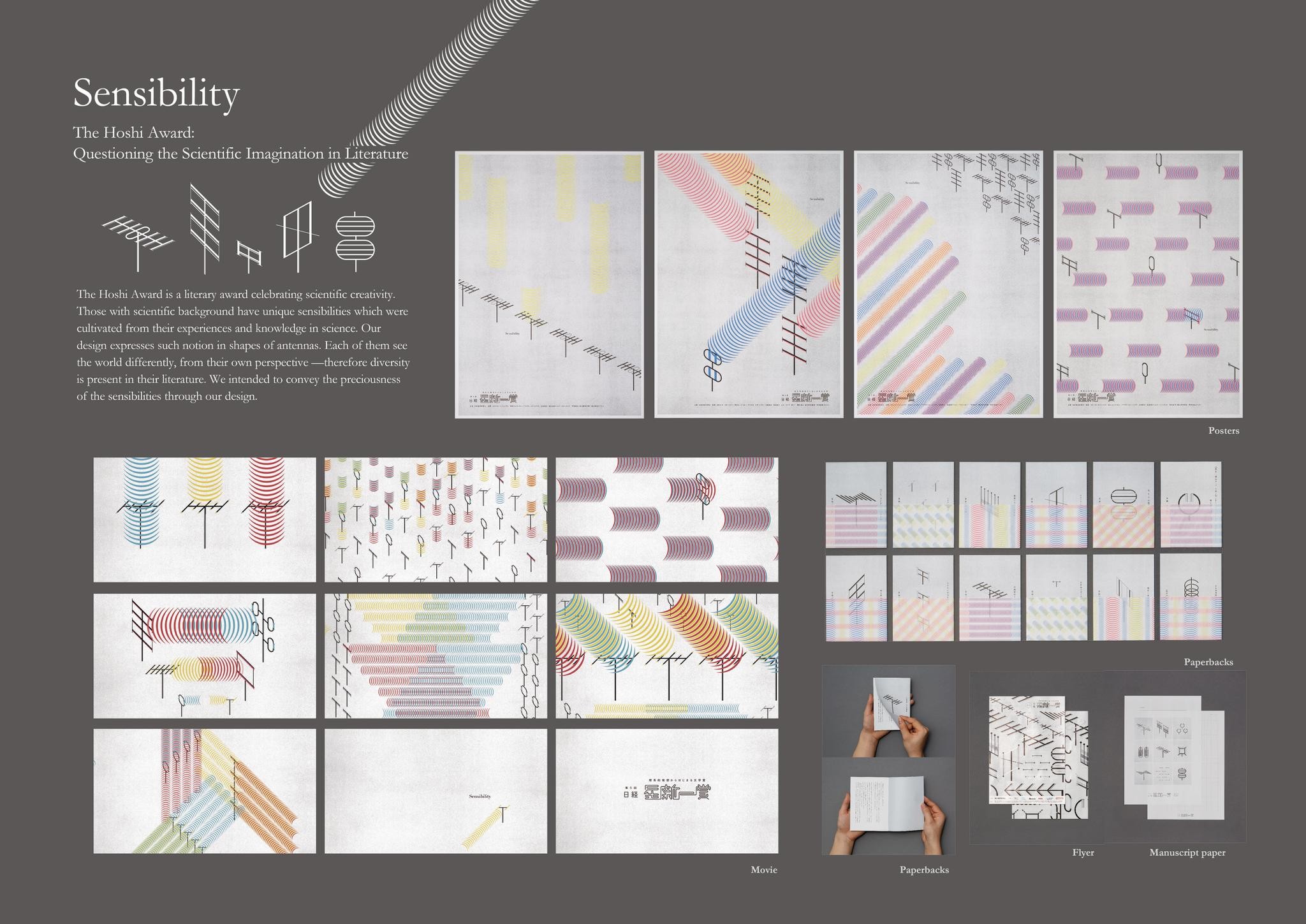Cannes Lions
Well-being Index (GDW)
DENTSU INC., Tokyo / NIKKEI INC. / 2023
Overview
Entries
Credits
Overview
Background
The world’s focus on GDP (Gross Domestic Product) as the ultimate way to measure the growth of a country has created an alarming disconnect between a nation’s increasing economy and the decreased well-being of citizens. Japan, the third largest economy in the world by GDP, was no exception and the need for a complementary metric to the GDP was an urgent one.
While efforts to measure the well-being of a country have been made in the past, Nikkei had the platform, credibility, reach and influence to develop a real well-being index that could work for Japan first, and the world next.
As the largest financial newspaper in the planet and creator of Tokyo’s most important stock exchange index, Nikkei knew they could lobby government officials and the largest companies in Japan to launch an official metric that would help improve the quality of life for all employees and citizens.
Idea
The Well-Being Index is a transformative new way to measure a country’s growth, focusing on the well-being of its citizens and not just its economy.
With thousands of people from all backgrounds surveyed across all regions in Japan, the model tracks and measures a range of well-being indicators such as employment environment, wages, work-life balance, housing, health, education, and ease of raising children. The results are then aggregated into a single metric, called GDW (Gross Domestic Well-being).
Used alongside the GDP, the GDW becomes an official reference point for governments and companies to truly know how well their country is doing and inform new decisions, investments, and policies.
The Well-being Index is meant to redefine how the world measures the success of a country, in a way that's more in tune with today's society and the future of the planet.
Strategy
Gross Domestic Well-being is a recent concept that has been explored by academic institutions and economists across the world, but was never really put into practice until now.
To do so, Nikkei partnered with a group of data researchers and experts in Economics, Social Progress, Human Development and Public Policy from Harvard, Oxford and Tokyo University.
They re-developed the GDW survey method and algorithm to be optimal for Japan’s cultural norms and societal structure.
With the help of consulting and research partner Gallup, the model tracks and measures a range of 9 well-being indicators with 4000 Japanese families from all backgrounds and regions in Japan: work-life balance, housing, natural environment, social connections, health, employment environment and wages, education, personal safety, and ease of raising children.
The results are then aggregated into a single metric (GDW) and plotted quarterly on a chart to visualize fluctuations over time.
Execution
Gross Domestic Well-being is not a new concept. But it’s the first time it was put into real practice.
Together with experts in Economics, Social Progress, Human Development and Public Policy from Harvard, Oxford and Tokyo University, Nikkei adapted the model to Japan’s culture and societal structure.
The model constantly surveys 4000 families across all of Japan, aggregating results into a single metric, called GDW.
The Well-being Index was introduced to policy-makers and the top companies in Japan through a series of symposiums that would explain its value and applications.
Newspaper ads and articles supported the launch, while a dedicated team lobbied the government to make it an official metric alongside the GDP.
The GDW index was then regularly published next to the GDP in the biggest financial newspaper on the planet. Together these metrics give a more comprehensive, modern-day picture of the success of a nation.
Outcome
The Well-being Index was recognized by Japan’s Prime Minister as an official metric to inform new policies, followed by an ¥8 billion investment.
23 of Japan’s largest companies, like Fujitsu, Nestlé, and Deloitte, started making internal changes for employees and investors or launched public well-being initiatives, with more efforts to raise GDW following.
The Well-Being Index has started a systemic change that will take decades to play out. We’ll see a decrease in pollution, burnout and poverty, and an increase in education levels, healthcare access, and average life standard.
It’s setting Japan up to become a balanced nation that’s both more sustainable and more prosperous. Happier employees deliver better work. Healthier citizens cost the government less. And better-managed natural resources guarantee long-term stability.
It shows the world that a country’s economy and the well-being of its people can grow together, while positioning Nikkei as an economic pioneer, once again.
Similar Campaigns
6 items
